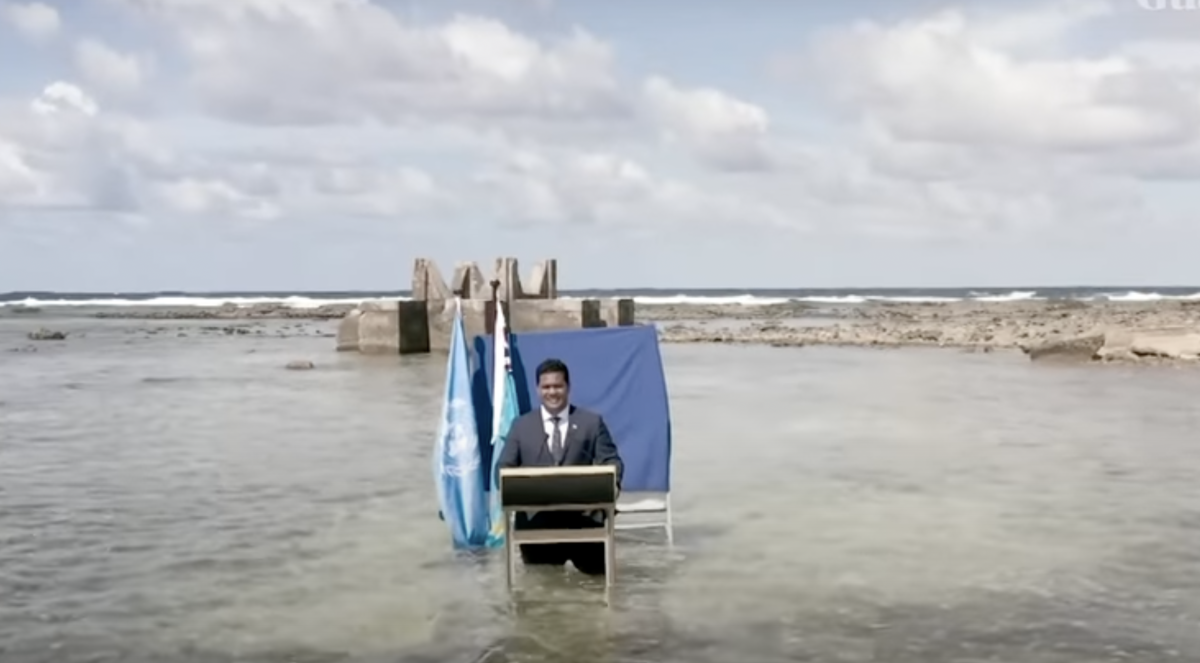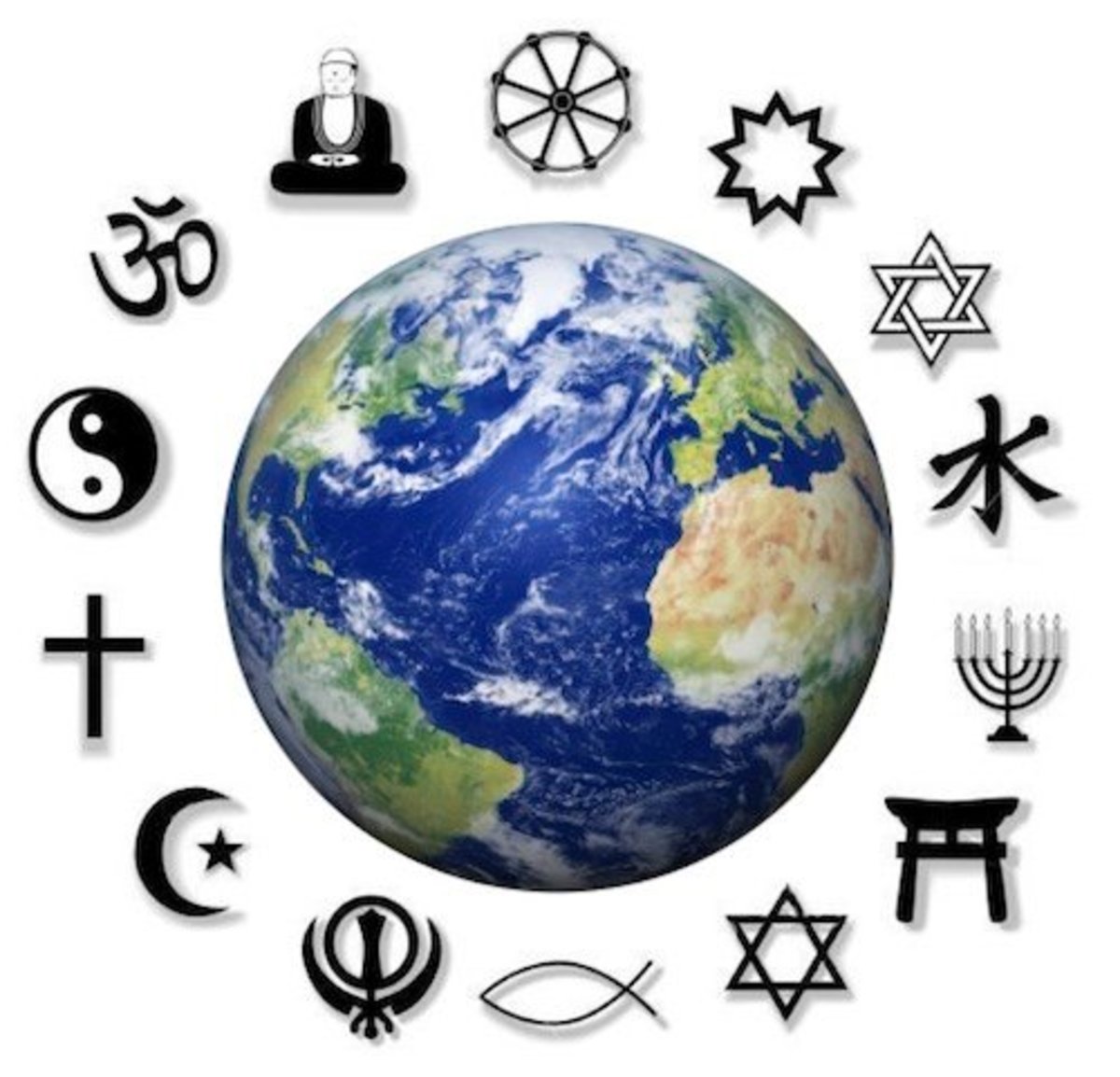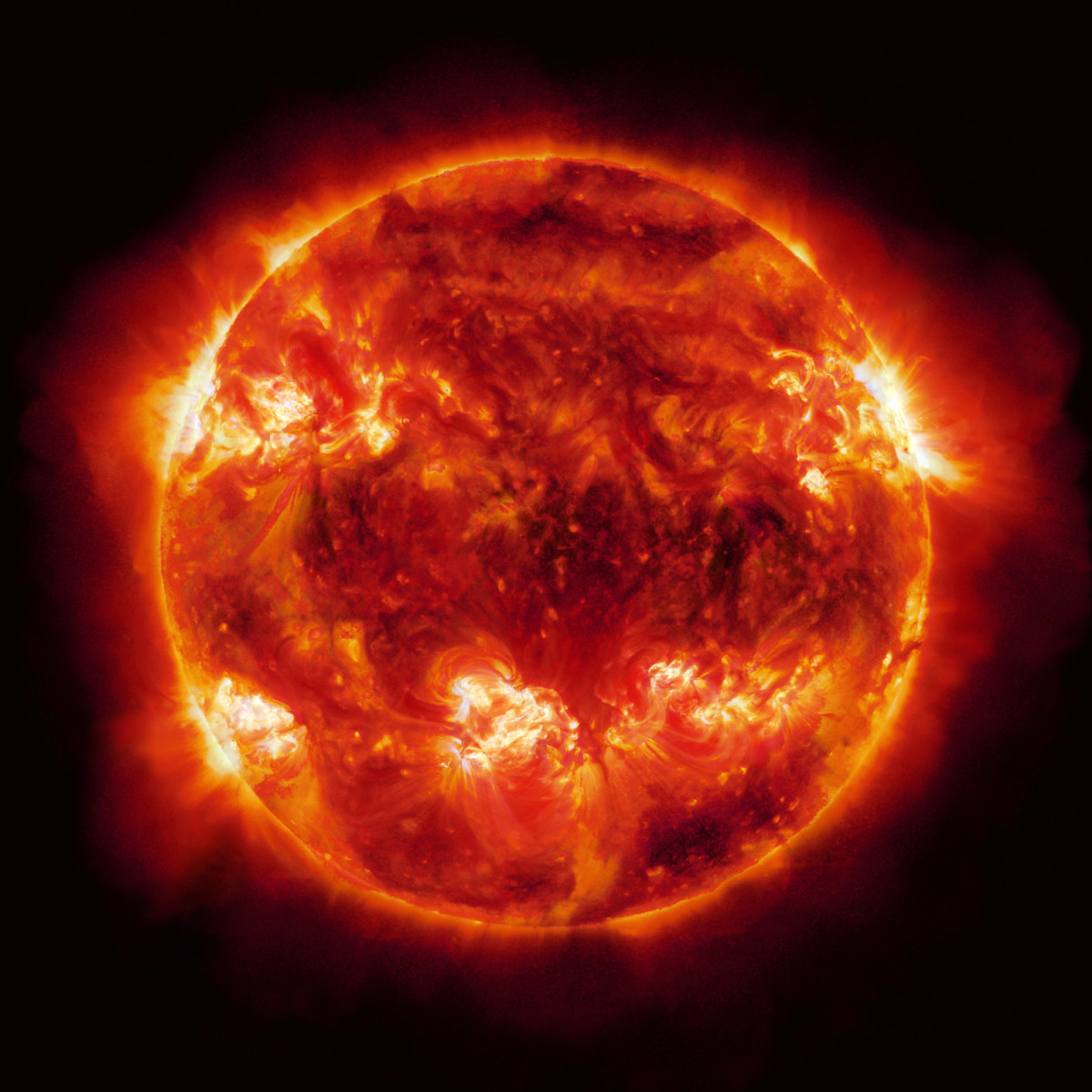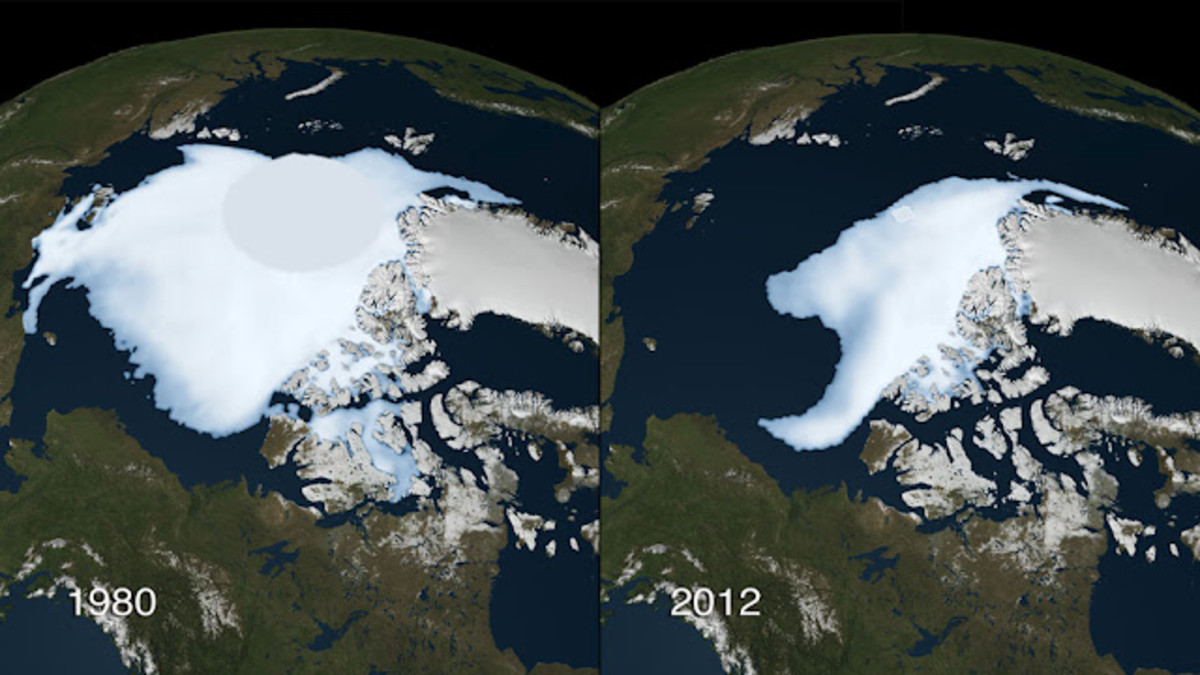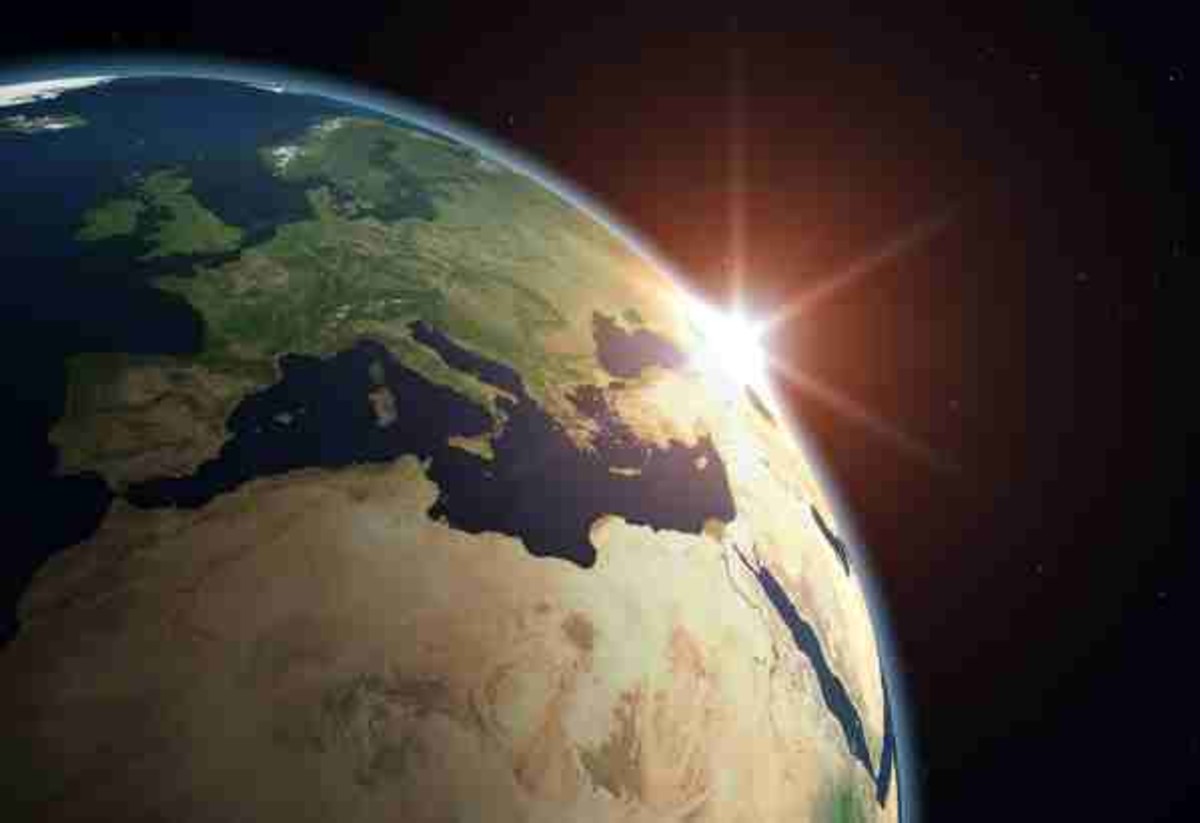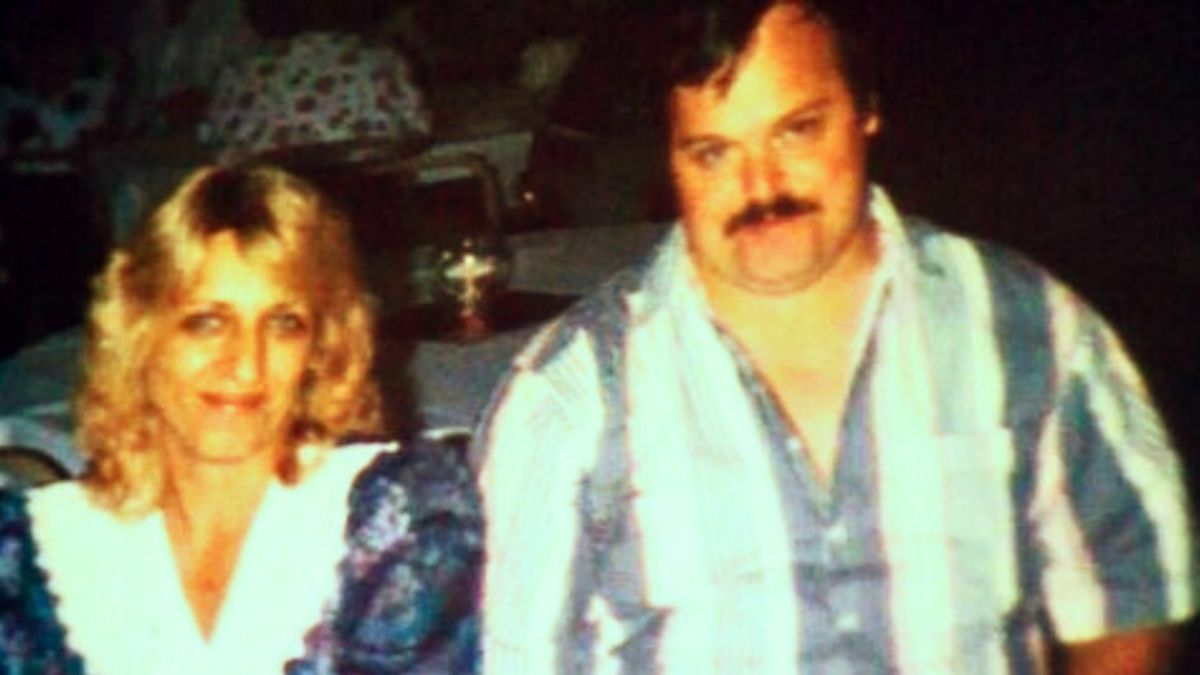The Biggest Issue the Earth is Facing
As you know, it’s 2019. Humanity has created extremely intelligent A.I., powerful medicines to fight off horrible diseases, and we have the world at our fingertips everyday. Some people believe that there will be flying cars in the future, or maybe we will discover aliens in outer space. Well, I’m sorry to crush those hopes and dreams right now, but due to a very real problem, these things, along with other futuristic discoveries, may never happen. These things would probably come from my generation. Yes, the children who so many, possibly including some of the readers, look down upon. The ones who look at their phones all day, not making any difference in the world. The ones who don’t value family time. The ones who are selfish, and only care about themselves. The ones who are quick to betray others for their own benefit. The ones who aren’t creative, and don’t strive for success. The ones who aren’t talented because they sit around all day. The ones who will never be able to change the world because of their ignorance and apathy.
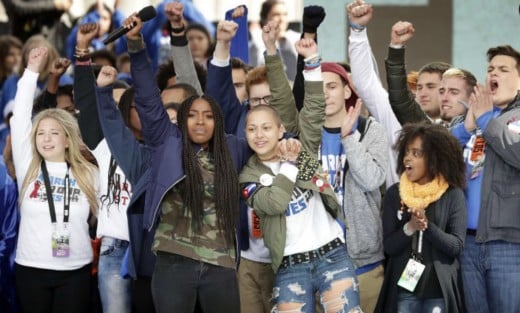
“Children are great imitators, so give them something to imitate.”
— AnonymousYes, I’ve heard all of these comments at least once, and it hurts. This isn’t because I can say that I’m not guilty of a single bad thing, because I am. It hurts because we aren’t stupid, and we are the ones who’s future is at risk. People say that we aren’t doing anything, but I would like to inform you that about a month ago, over one million kids and teens took to the streets around the world to bring attention to the most threatening issue that the Earth is facing right now. People say that we aren’t paying attention, but maybe it’s the other way around. I mean no disrespect, but how can you say that we are the ones not paying attention when I have to inform you that we have less than 12 years before climate change becomes irreversible?
“We are the first generation to be able to end poverty, and the last generation that can take steps to avoid the worst impacts of climate change. Future generations will judge us harshly if we fail to uphold our moral and historical responsibilities.
— Ban Ki-moon, Secretary General of the United NationsI hate to be blunt, but that’s just how it is. Even if you don’t believe in climate change, why not try to make the Earth a bit cleaner for the children that you “would do anything for”? I know most of you already knew about the issue, but maybe you didn’t know it was this bad. Or maybe you knew, and willingly refused to pay attention to it because, “It’s just those kids getting riled up about the unimportant things again”. Here is where my point of “maybe its not us, its you” point about paying attention comes in. I’m sure that we have all seen the news about there being more plastic than fish in the ocean in 2050. If you didn’t know that, welcome aboard to the “Paying More Attention” ship! Back to the point, you have probably seen that fact somewhere, said or thought, “Dang that sucks,” became a little sad, and then kept scrolling on Facebook. Maybe you used your reusable shopping bags the next day, or maybe you didn’t. It really doesn’t matter. What I’m saying is, you saw something that is a terribly horrifying fact, and then you expected others to fix it for you. Well, I apologize again, but you really aren’t the only one who thought that, and with it not being a clear enough threat to future generations or their ability to make money, national governments didn’t really care. To continue, here is a quote from a man you probably have never heard of in your life, Robert Swan, “The greatest threat to our planet is the belief that someone else will save it.” To be completely honest, by the time you finish reading this, you will probably forget it within a few days, and you won’t have done very much, but I’m still going to put effort into this because maybe someone will listen.
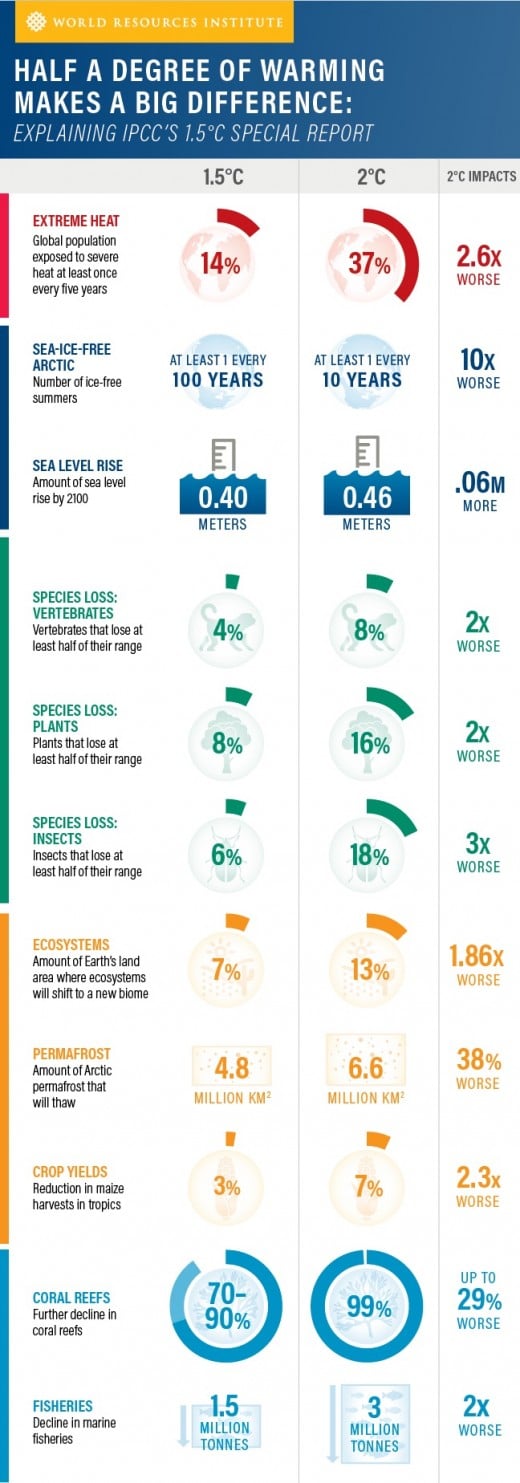
“Climate change is no longer some far-off problem; it is happening here, it is happening now.”
— Barack Obama, Former President of the United StatesYou may be thinking, “Why am I reading this? I’m helping out by recycling!” Well, spoiler alert, I have to apologize once more. I’ll give you some numbers and let you figure it out. Plastic began to be mass produced around 60 years ago, but it takes approximately 400 years to degrade. This means that every single piece of plastic ever produced is still on Earth somewhere, but since it’s in landfills, or most likely in the ocean, rivers, or lakes, we don’t see it (most of you refuse to see it by simply waving it off as “just one piece of plastic,”). 6.3 billion metric tons of plastic has become waste, but only 9% of that has been recycled. Most of it is sitting in mountainous landfill piles, lying on the ground as litter, or making its way through bodies of water. You’d think a remote island wouldn’t have trash on it, but there’s a remote island that has 38 million pieces of plastic trash covering it. As you can see, I’ve mostly gone over plastic, as it is the biggest issue, but that doesn’t mean that other things aren’t problematic as well.
Getting back to recycling, if everyone recycled, it would be better, but there is simply no way that there will be enough people recycling to make a big difference. Plus, with the minuscule percentage of what actually gets recycled, it’s not difficult to imagine plastic’s life-cycle. First, it has to be produced, which uses up a lot of water and energy, and it releases harmful chemicals into the air. Then, it is shipped to the store where you will later buy it, but the truck that it was shipped in used gas, which used energy and fossil fuels to make, along with the fact that it was released into the air. Next, you came along! You bought the plastic, and it was probably put in, you guessed it, more plastic! After that, you went home, used the plastic, and threw it in the recycling bin. Then, it was recycled and parts of it were used in something else. After that, it’s basically the second and third step again, except the person who bought the product next didn’t put it into a recycling bin, they tossed it in the trash. The plastic finally goes to a landfill, and your recycling didn’t make very much of a difference of lowering the amount of waste in the world. Although recycling paper does help to reduce the amount of emissions in the air, it is simply not enough. I’m not telling you not to recycle, as I hope that you do recycle. To be fair, the worst thing you can do about climate change is nothing. I’m just informing you that it will still eventually become trash or litter. Statistics say that we are already past the point where recycling will do anything to make this climate issue better. We can’t just recycle anymore, we have to lower the amount of plastic and other non-biodegradable products that we are buying, which will later become trash. We can do this by consuming less of it, which will cause companies to make less of it.
Now, you may be the type of person who has been planting trees! That’s great, and I encourage you and the recycling people to continue doing what you are doing, even if it isn’t helping, because it can’t make things any worse. Yes, you read that right; planting trees won’t do anything now either. Currently, there is too much carbon dioxide in the air for any amount of trees to suck up. If we were to plant enough trees to get rid of all the CO2 in the air, it would have devastating effects on the ecosystem and the soil. Now, we have to limit our plastic consumption and our carbon dioxide production. If you do some research (and I will be providing sources below), you can easily find things to do that will help fight climate change.
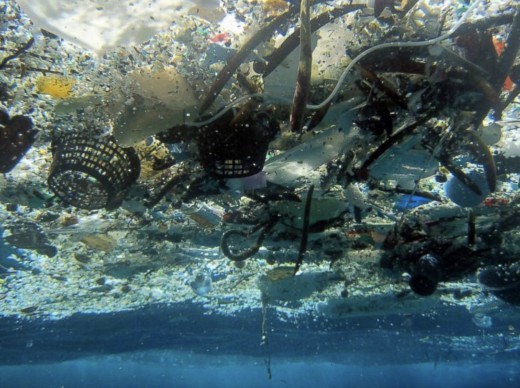
Before I close, I would like to bring your attention to a 16-year old activist (yes, she’s Generation Z) named Greta Thunburg. One of her quotes is, “You say you love your children above all else, and yet you are stealing their future in front of their very eyes.” Adults aren’t well enough aware of the enormous threat looming above us, about to come crashing down. From what I’ve seen, it’s been mostly younger people who are fighting for change. Scientists are saying that at the rate the world is at, Earth will be completely destroyed by humans before 2048. So when you say that we are over-reacting, you are denying the fact that we aren’t just saving ourselves; we are fighting for the future.
As this whole climate crisis is occurring, there are good things happening, but I’m not going to tell you them. I don’t want you to feel relieved or hopeful, because the good things that are happening aren’t enough. My generation needs you to be worried; to be scared. Be alarmed, because this is something to be alarmed about. We aren’t blaming climate change on everyday people, because its not their fault. It’s large companies like Pepsi and Exxon that are accountable for the tremendous amounts of CO2 in the air, but if we want to fix this, we need everyone to chip in to force companies and governments to do everything in their power to help.
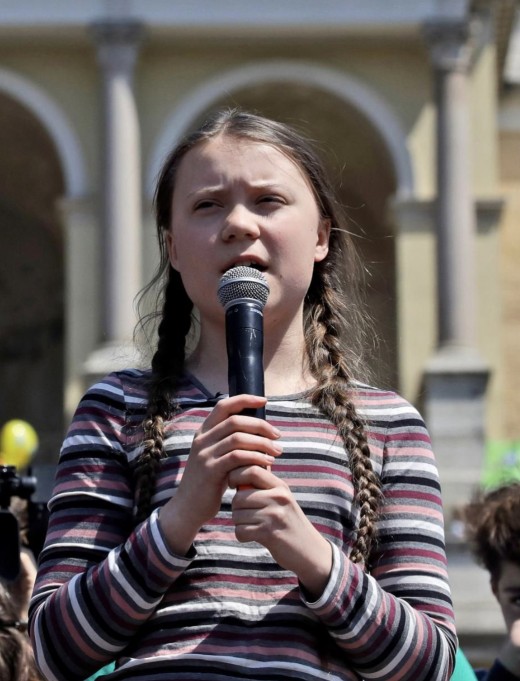
“It is still not too late to act. It will take a far-reaching vision, it will take courage, it will take fierce, fierce determination to act now, to lay the foundations where we may not know all the details about how to shape the ceiling. In other words, it will take cathedral thinking. I ask you to please wake up and make changes required possible.”
— Greta Thunberg, Climate ActivistTo put everything to scale, the Earth has been here for 4.6 billion years. Pretend that it is instead 46 years. Humans have been here for 4 hours and our Industrial Revolution started 1 minute ago. In that 1 minute, we have destroyed 50% of the world’s forests. This isn’t sustainable. I hope that you have learned that we all have to work together if we want to stop this problem. Honestly, we can’t call it “climate change” anymore, because that’s not what it is. At this point, it’s a climate crisis, and that’s what it deserves to be called.


Maybe now you see how bad things really are, and that the Earth needs everyone to chip in if we want to save it, but before I get to how you can help, here’s some more eye opening facts:
1.The rise in global temperatures needs to be kept below 2.7 degrees Fahrenheit (1.5 degrees Celsius) to avoid dangerous impacts.
2. The track that humanity is on right now is 7.2 degrees Fahrenheit (4 degrees Celsius) by 2030.
3. Any child who is around 5 years old (less than 6, but depending on birthday month it may be different) will never be able to vote in regards to fixing climate change.
4. Global emissions must drop by 45% by 2030 and to net zero by 2050 to have a 50% chance of limiting temperature rises to 2.7 degrees Fahrenheit (1.5 degrees Celsius) this century.
5. As the Arctic sea-ice melts, the water color changes from white to darker blue and green, causing more sunlight to be absorbed, which equals more sea-ice melting and more warming.
6. 11% of all people are vulnerable to the effects of climate change such as floods, heat waves, droughts, hurricanes, tornados, sea-level rise, and other disastrous events.
7. The second largest colony of penguins is close to disappearing because of sea-ice breaking.
8. Koalas, belugas, sea turtles, giraffes, staghorn coral, clownfish, emperor penguins, and butterflies are only a few of the thousands of species at risk due to climate change.
“Climate change is real, it is happening right now. It is the most urgent threat facing our entire species, and we need to work collectively together and stop procrastinating.”
— Leonardo DiCaprio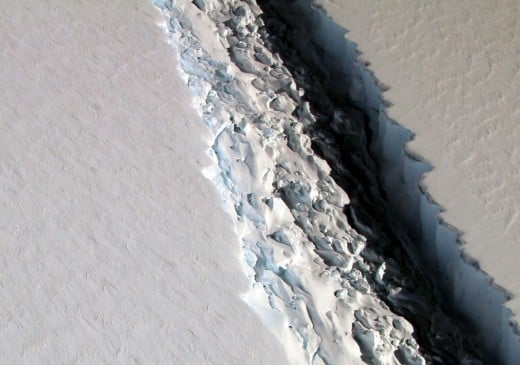
Now, what can you do that will help the environment? It’s pretty simple, and I will outline some simple things, but there is still so much research that you can do, and I hope you don’t say, “Oh, others will do it, so I probably don’t have to.” It’s because of comments like these that make me say that I’m not asking you to do your own research; I’m telling you to.
1. Eat organic food when you can. It can be fairly easy to find organic strawberries, blueberries, and apples at the store. Just look for the USDA Organic label.
2. Avoid palm oil. Getting palm oil isn’t sustainable, and is responsible for around 8% of the world’s deforestation. It also takes away orangutans’ habitat, pushing them further to extinction.
3. Vote. It’s pretty simple, and if you want to help build the future for the future, vote for the candidates with pro-environmental policies and with a plan to get to zero carbon emissions.
4. Try to avoid eating meat or dairy. I’m not saying that you have to become vegetarian or vegan, but at least try to eat less meat and dairy products, or have a meatless meal once a week. Try other substitutes to milk, like almond milk or coconut milk. If the whole world went vegan right now, the world’s food related emissions would drop by 70% by 2050, and farmed livestock accounts for 14.5% of all man made greenhouse gasses.
5. Save water. Try to avoid taking baths, and take shorter showers. Don’t leave your tap running when you aren’t using it, either.
6. Turn off your lights whenever you aren’t using them. Having your lights on uses a tremendous amount of energy, so try to save it when you can.
7. Try to eat less fish. To be honest, its pretty trendy when you aren’t using plastic straws, but when you see untangling videos, most of the things that are stuck on the animal are fishing nets. Those nets get there because they are left by fishers, so if you want to make a bigger difference than just being a little trendy (even though it helps to save the turtles), avoid eating fish.
8. Use public transportation. This will reduce your carbon footprint, as you will be reducing the amount of fossil fuels you use and the amount of emissions your car produces. You could also ride a bike or walk to some places.
9. Find alternatives to everyday plastic objects like bamboo products (toothbrushes for example), and glass containers. Try to find a grocery store near you that has refilling stations where you don’t have to use so much plastic. Sprouts is a fairly good store for this. Also remember to bring your reusable bags when you go shopping.
10. Avoid fast fashion. The definition of this is, “Inexpensive clothing produced rapidly by mass-market retailers in response to the latest trends.” This way of creating clothing is unsustainable and uses massive amounts of water for even just one shirt.
11. Visit welovetheearth.org. Watch the videos and read the information on the website. It is a great way to educate yourself and there are ways that you can help found on the website.
Clearly, there is so much more research that you can do, and it’s incredibly easy to find cheap and easy ways to help.
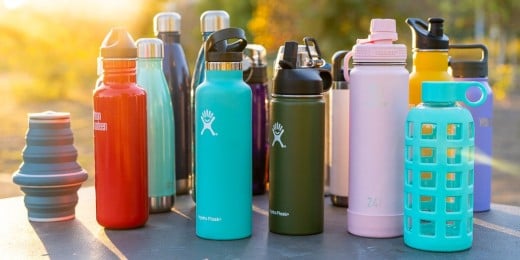
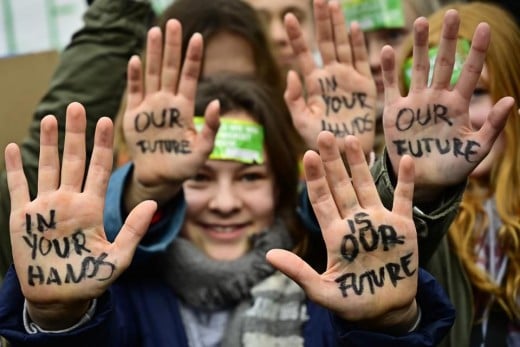
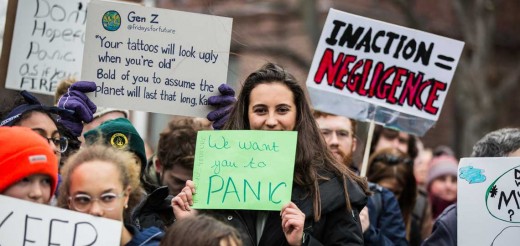
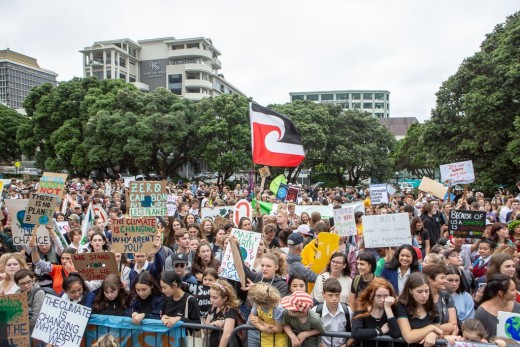
As you can see, there is an abundance of things you can do to fight the climate crisis. I encourage you to strive to watch what you are doing and how it will impact the planet. Do your research. Listen to the people who this crisis directly impacts. Overall, I would like to leave you with a sentence that I hope stays with you: If you aren’t scared, then you haven’t been paying attention.
Links to Help You Become Low or Zero-Waste
Kellogg, Kathryn. “101 Easy Eco Friendly, Zero Waste Tips.” Going Zero Waste, Going Zero Waste, 24 Feb. 2017, https://www.goingzerowaste.com/blog/101-easy-eco-friendly-zero-waste-tips
“17 Ways To Live Trash-Free & Adopt A Zero-Waste Lifestyle in 2017 (Kitchen & Food Edition).” SelfEco Caterware, https://selfeco.com/blogs/selfeco-blog/100-ways-to-live-trash-free-adopt-a-zero-waste-lifestyle
“A Beginner's Guide To Zero Waste Living (It Doesn't Happen Overnight).” Trash Is for Tossers, 18 Jan. 2018, http://trashisfortossers.com/a-beginners-guide-to-zero-waste-living-ps-it-doesnt-happen-overnight/
“9 Easy Steps Towards Zero Waste That Are Free.” Wild Minimalist, https://wildminimalist.com/blogs/news/9-easy-steps-towards-zero-waste-that-are-free
Dingjan, Lis. “Nowhere & Everywhere Co.” Nowhere & Everywhere, Nowhere & Everywhere, 3 June 2019, https://nowhereandeverywhere.co/guides/plastic-free-bathroom/
Links to Help You Reduce Your Carbon Footprint
“The 35 Easiest Ways to Reduce Your Carbon Footprint.” State of the Planet, 18 Dec. 2018, https://blogs.ei.columbia.edu/2018/12/27/35-ways-reduce-carbon-footprint/
“Carbon Offsets To Alleviate Poverty.” COTAPorg Carbon Offsets To Alleviate Poverty, https://cotap.org/reduce-carbon-footprint/
“Top 20 Ways to Reduce Your Carbon Footprint.” 20 Ways to Reduce Your Carbon Footprint, http://www.globalstewards.org/reduce-carbon-footprint.htm
“How to Reduce Your Carbon Footprint.” The New York Times, The New York Times, https://www.nytimes.com/guides/year-of-living-better/how-to-reduce-your-carbon-footprint
Ashford, Kate. “9 Low-Cost Ways To Shrink Your Carbon Footprint.” Forbes, Forbes Magazine, 28 June 2017, https://www.forbes.com/sites/kateashford/2017/06/28/carbon-footprint/#1c7e09de3bec
Sources
“Climate Change Dictionary: What Do All the Terms Mean?” BBC News, BBC, 1 May 2019, https://www.bbc.com/news/science-environment-48057733
“Climate Change Pathway Facts.” National Wildlife Federation, https://www.nwf.org/eco-schools-usa/become-an-eco-school/pathways/climate-change/facts.aspx
“Climate Change: 11 Facts You Need to Know.” Conservation International, https://www.conservation.org/stories/Pages/11-climate-change-facts-you-need-to-know.aspx
“Climate Change Evidence: How Do We Know?” NASA, NASA, 22 May 2019, https://climate.nasa.gov/evidence/
“Top 10 Things You Can Do about Climate Change.” David Suzuki Foundation, https://davidsuzuki.org/what-you-can-do/top-10-ways-can-stop-climate-change/
McMahon, Jeff. “9 Things You Can Do About Climate Change.” Forbes, Forbes Magazine, 25 Apr. 2019, https://www.forbes.com/sites/jeffmcmahon/2017/01/23/nine-things-you-can-do-about-climate-change/#6bb76a41680c
“What Would Happen If Everyone Went Vegan?” BBC Good Food, https://www.bbcgoodfood.com/howto/guide/what-would-world-look-if-everyone-went-vegan
NASA, NASA, https://climatekids.nasa.gov/how-to-help/
DeWeerdt, Sarah. “We Can't Possibly Plant Enough Trees to Stop Climate Change.” Anthropocene, http://www.anthropocenemagazine.org/2017/05/we-cant-possibly-plant-enough-trees-to-stop-climate-change/
“Understand.” GlobalChange.gov, https://www.globalchange.gov/climate-change
“Help the Cause.” We Love the Earth, https://welovetheearth.org/
“Half of Plant and Animal Species at Risk from Climate Change in World's Most Important Natural Places.” WWF, World Wildlife Fund, 14 Mar. 2018, https://www.worldwildlife.org/press-releases/half-of-plant-and-animal-species-at-risk-from-climate-change-in-world-s-most-important-natural-places
Miller, Ryan W. “'Catastrophic Breeding Failure': Second Largest Emperor Penguin Colony 'All but Disappeared'.” USA Today, Gannett Satellite Information Network, 25 Apr. 2019, https://www.usatoday.com/story/news/world/2019/04/25/emperor-penguin-colony-antarctica-nearly-gone-breeding-collapse/3573143002/
“Global Warming Impacts.” Union of Concerned Scientists, https://www.ucsusa.org/our-work/global-warming/science-and-impacts/global-warming-impacts
Denchak, Melissa. “How You Can Stop Global Warming.” NRDC, 13 Mar. 2019, https://www.nrdc.org/stories/how-you-can-stop-global-warming
McMahon, Jeff. “9 Things You Can Do About Climate Change.” Forbes, Forbes Magazine, 25 Apr. 2019, https://www.forbes.com/sites/jeffmcmahon/2017/01/23/nine-things-you-can-do-about-climate-change/#789b874a680c
“6 Things You Can Do To Prevent Climate Change.” Sustainability for All, https://www.activesustainability.com/climate-change/6-things-you-can-do-to-prevent-climate-change/
“What You Can Do to Fight Climate Change.” WWF, World Wildlife Fund, https://www.worldwildlife.org/pages/what-you-can-do-to-fight-climate-change
Sisson, Patrick, et al. “101 Ways to Fight Climate Change.” Curbed, Curbed, 22 Apr. 2019, https://www.curbed.com/2017/6/7/15749900/how-to-stop-climate-change-actions

